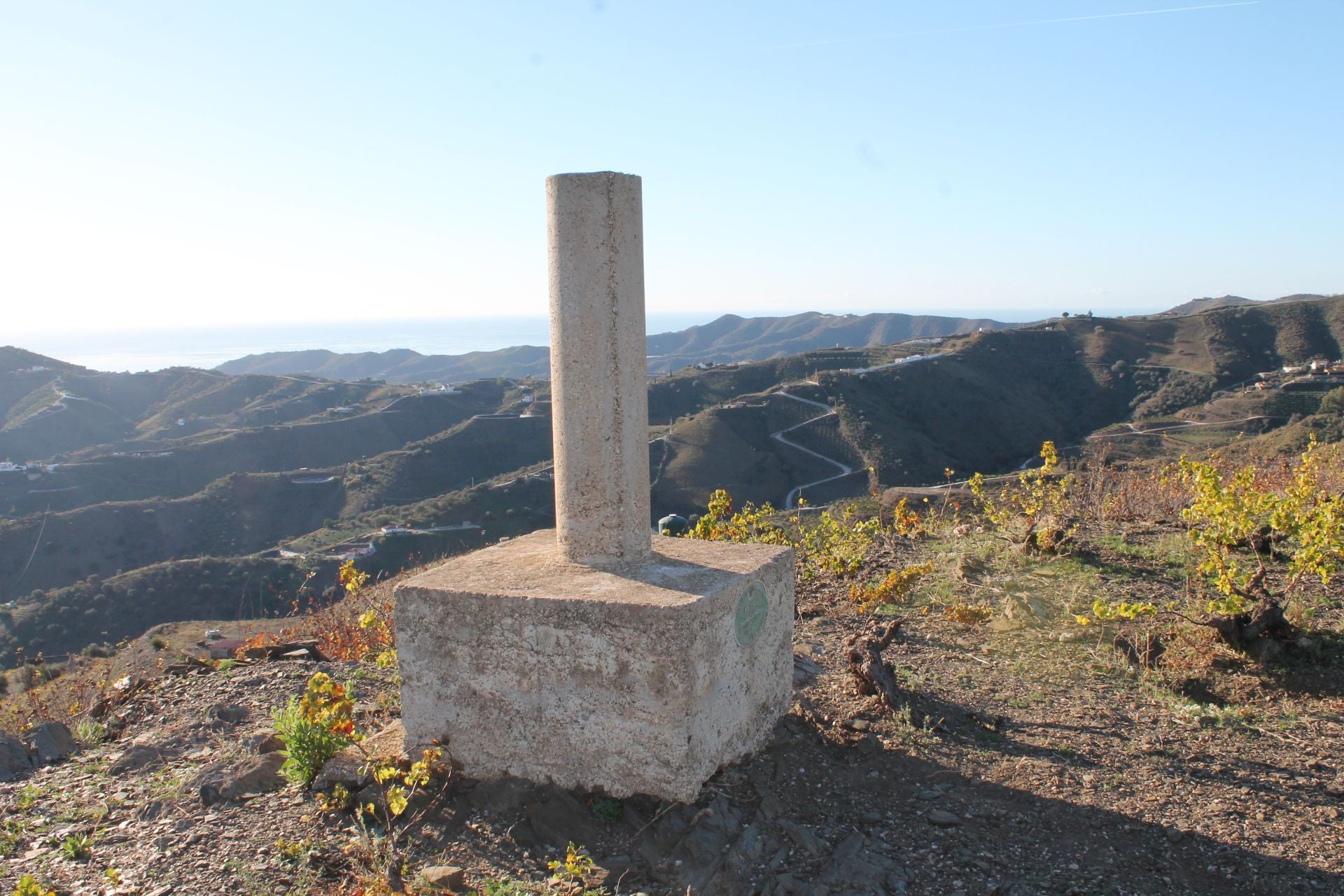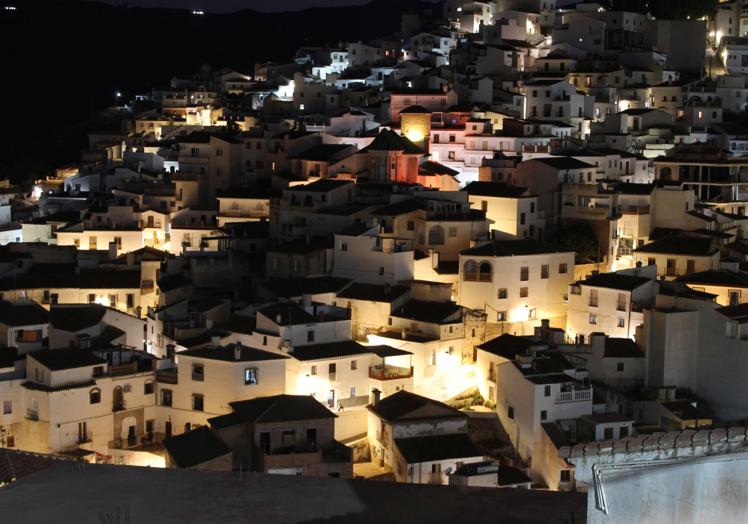The muscatel-scented Malaga village that has hidden treasures
Historically linked to being the origin of 'ajoblanco' cold soup, Almáchar is one of the province's biggest producers of raisins
Like many of its Axarquía neighbours, the village of Almáchar is said to have hidden treasure. Local legend has it that somewhere underneath the streets there are hidden gems that Muslim settlers left there for safekeeping before fleeing after the Spanish Reconquista.
The place where this hypothetical treasure was left is said to be in “a cave near the river”, somewhere under the existing village. But, like other such legends, the reality is that no such precious treasure has ever been found.
Perhaps then this possible treasure is simply the jewels of the village that can still be seen today. Between the San Mateo church and the raisin museum there is a labyrinthine route that takes the visitor back in history to the period in which the legend was born.
The route, which in places is narrow and steep, is inherited from its Al-Andalus past, but is kept alive thanks to the residents who fill its streets with colour with a wide variety of flowerpots. El Jardín del Forfe is well worth a visit, where there are benches to rest on that invite you to kiss.

But beyond these and other stories, Almáchar is particularly well known for its muscatel raisins, which is one of the few varieties in Europe to have been declared an Important System of World Agricultural Heritage by the United Nations Food and Agriculture Organisation (FAO).
The raisin is a fundamental part of the landscape of Almáchar and the surrounding villages. An old house in Calle Mártires has a collection of traditional tools and equipment used in the production of sultanas. The museum space is usually open at weekends, although it is advisable to call before visiting to find out exactly when it is open.
For keen walkers there is a circular route that gives a wide perspective of both the village and the abundant vineyards that populate the surrounding hills.

The route follows a path along which the wine presses and raisins can be seen and it reaches its highest point at a hill known as Cerro Patarra.
Despite being just under 500 metres above sea level, the hill offers views that reach as far as the Mediterranean coast and a number of the area's inland villages and mountain ranges. But, undoubtedly, what is most striking about the Cerro Patarra is its location among Muscatel vines.
Back in the village centre the square tower that forms part of San Mateo church is a perfect example of the Mudejar style architecture that emerged after the Reconquista and can still be seen in the Axarquía today.
Calle Cornellá de Llobregat offers a wonderful view of this hillside village and the cooler summer evenings are the best times to take in the panoramic views of this muscatel-scented part of Malaga province.

